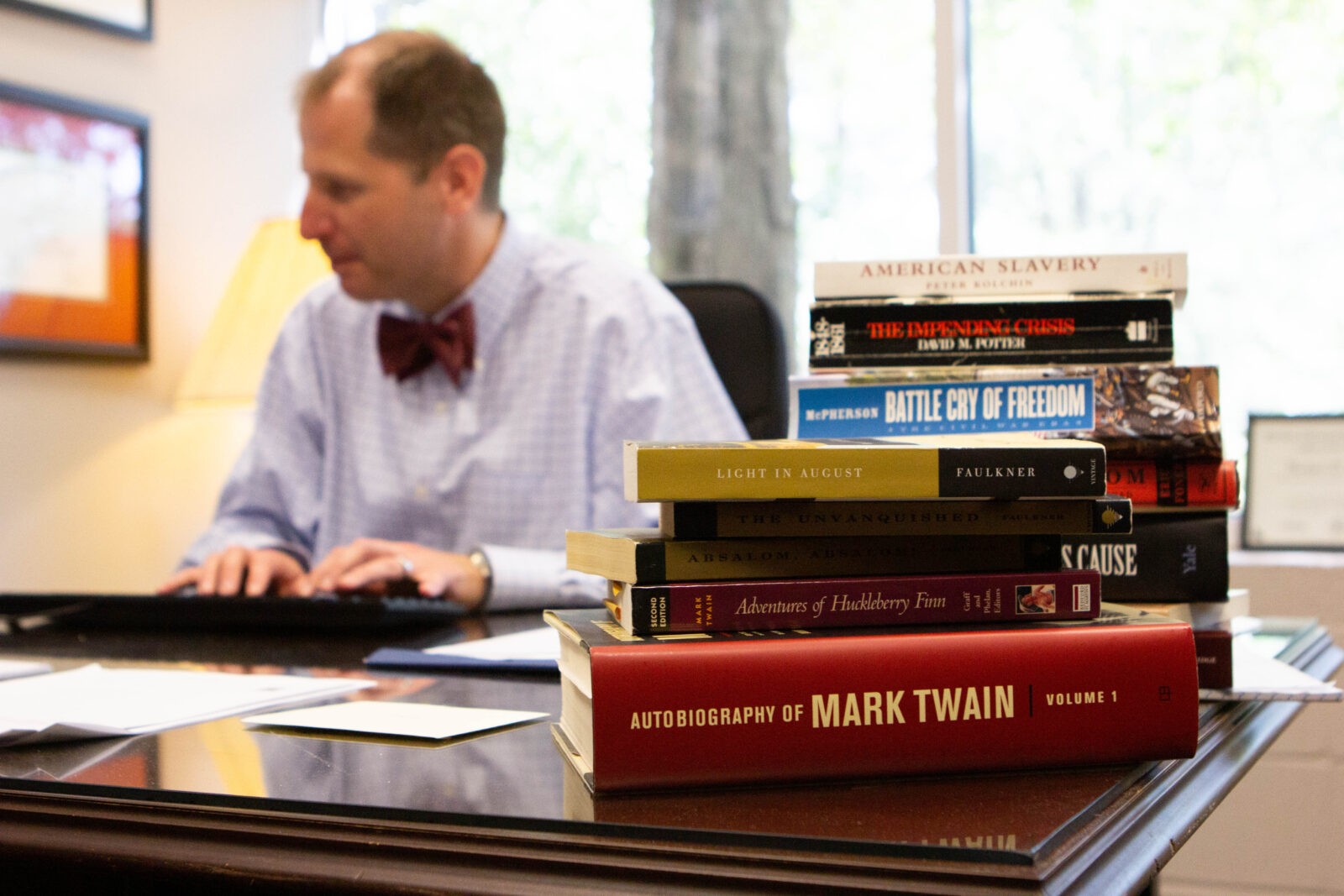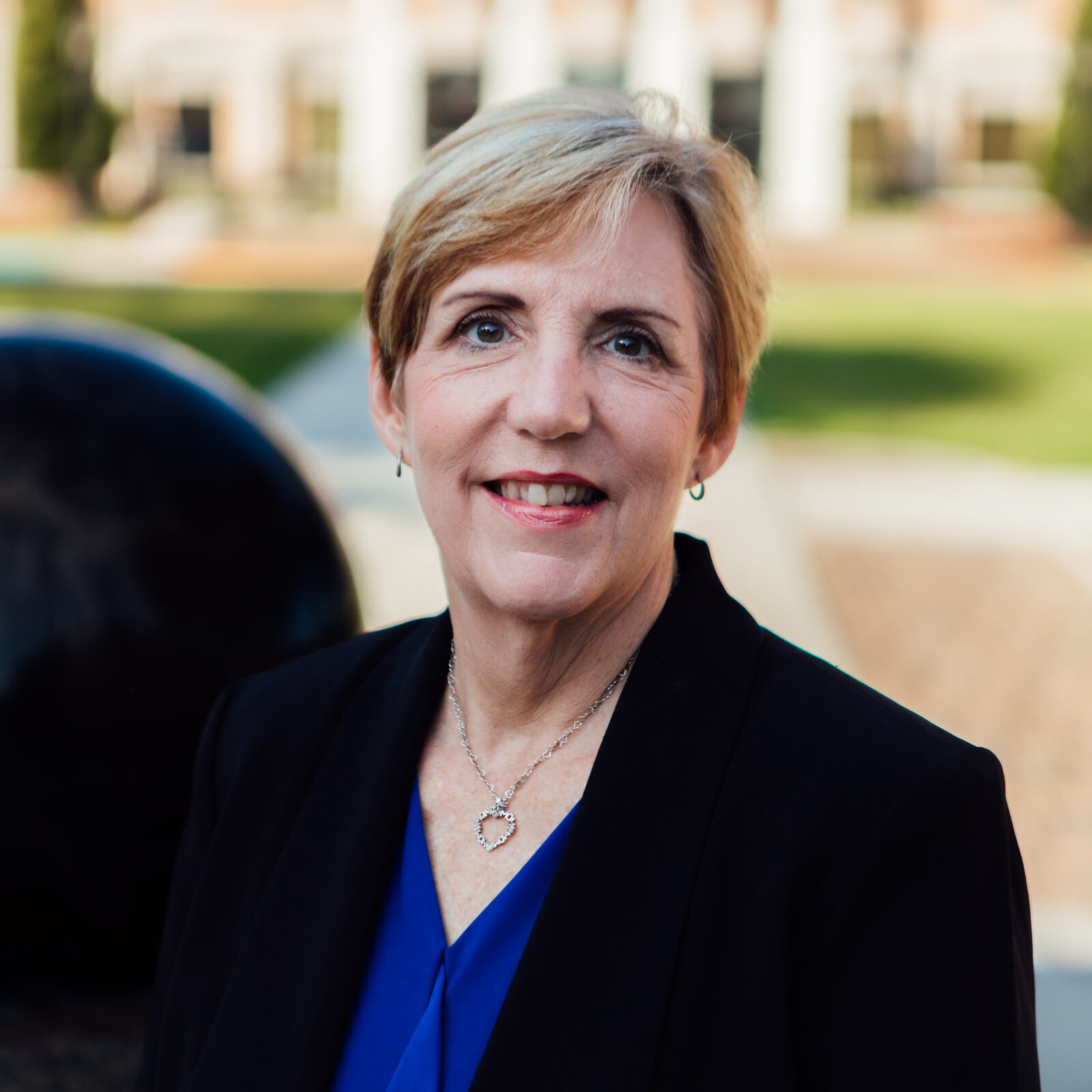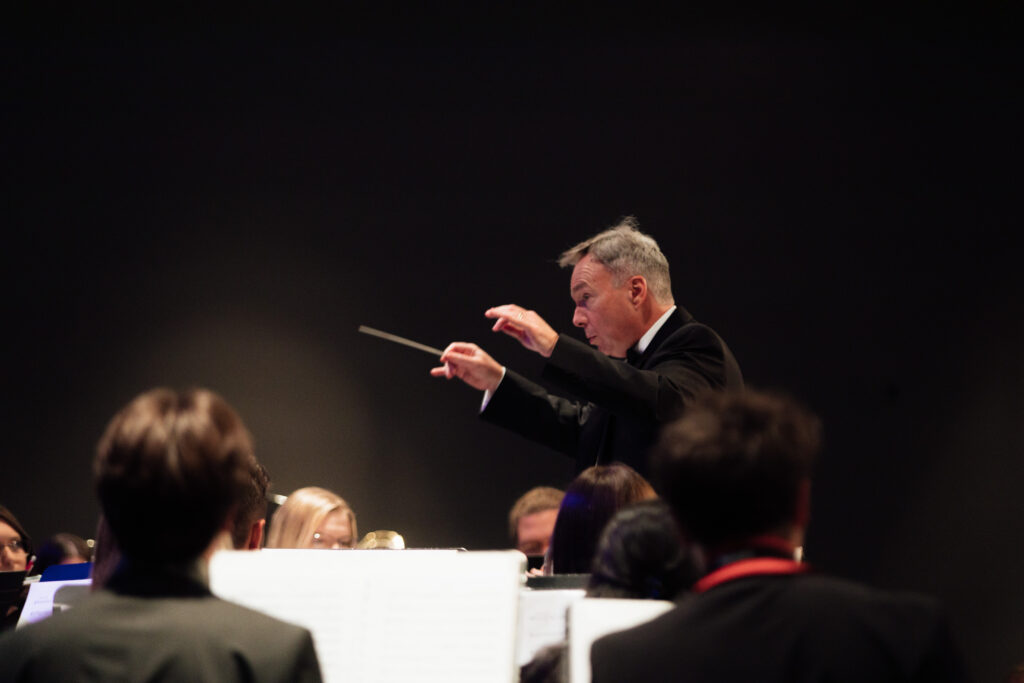Q&A with UM History Professor Michael Robinson

 Dr. Michael Robinson knows what it’s like to step into a job right out of college and realize, from the very first day, that it’s not your calling. He also knows what it’s like to take a step back, regroup, and pursue a different career path that you truly love.
Dr. Michael Robinson knows what it’s like to step into a job right out of college and realize, from the very first day, that it’s not your calling. He also knows what it’s like to take a step back, regroup, and pursue a different career path that you truly love.
Now, as associate professor of history in the College of Arts and Sciences at the University of Mobile, Robinson mentors UM students and helps them discover their own professional calling.
We talked with Robinson about discovering and pursuing your calling, his passion for studying and teaching history, and how a degree in history opens doors to a variety of careers.
Q: You have taught at UM for seven years. What is your background?
A: My path to the University of Mobile was a circuitous one. I received my Bachelor of Science from North Carolina State University, my Master of Arts from the University of North Carolina-Wilmington, and my PhD from Louisiana State University. After graduating from NC State with a business degree, I worked in the world of finance for about a year. My first day on the job, I knew that I had not found my calling. Thankfully, with the encouragement of my family, I pursued a career path I truly love: teaching, researching and writing about history. I completed my PhD in American history at LSU in May 2013 and started work here at the University of Mobile in August of that year.
Q: Your dissertation was about the secession crisis in the Border South. What drew your interest to that area of study?
A: I have always been fascinated by the American Civil War and sought to study its root causes in my dissertation, which examined the four slaveholding states that did not secede from the Union in 1860-61. I was always puzzled why Kentucky, a state that seemed so similar to the 11 states that made up the Confederacy, did not secede. As I examined the Bluegrass State, I was drawn to the other Border South states of Delaware, Maryland and Missouri. I found that these states were as equally committed to slavery as the 11 states of the Confederacy, but the political leaders in the Border South felt as though the Union would best protect their interests, leading them to spurn secession.
Q: Why should someone choose to study history?
A: Knowledge of our past is essential to leading us forward as Christians, Americans and world citizens! We also offer numerous career options through the study of history. We prepare our students for secondary teaching, for work in museums or public history settings, for graduate school and for law school.
Q: What courses do you typically teach?
A: I normally teach U.S. History from 1500 to 1877, Western Civilization from 1500 to the present, and a variety of upper-level courses like the Civil War & Reconstruction, the Old South, Jacksonian America, and Slavery and Abolition in the United States. I especially enjoy teaching the upper-level classes, where we get to focus on pivotal events in our nation’s great past.
Q: What do you like most about UM?
A: We’ve got great students here at the University of Mobile. I’m always amazed by their dedication and love for Christ, which is on display inside and outside of the classroom.
Q: What are some of your interests or hobbies?
A: I love to read, and when taking a break from American history you can often find me reading some of the great works of William Faulkner or Mark Twain. I’m also a big LSU sports fan, which can present some problems here in Alabama. Nevertheless, Geaux Tigers!

Kathy Dean uses her passion for storytelling and “playing with words” to share the stories of people, place and purpose that make the University of Mobile unique. As associate vice president for university communications, she manages media relations, edits the TorchLight alumni magazine, and oversees university communications. A former award-winning journalist, she is a two-time recipient of the Baptist Communicators Association grand prize for feature writing. Kathy and her husband, Chuck, live with three extremely loud miniature schnauzers.



